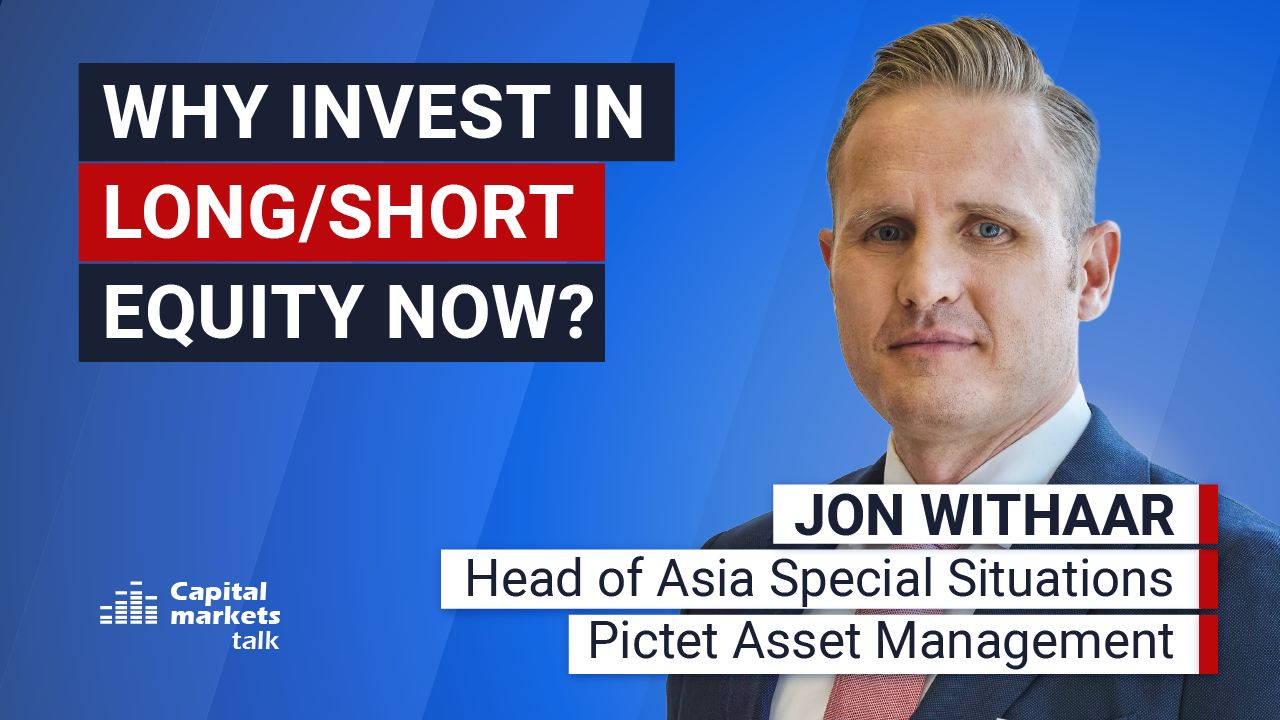Historically, US small-cap stocks have had a premium price-to-earnings ratio compared to large caps. Small-cap stocks are currently trading at roughly a 20% discount compared to the long-term average, which presents a compelling forward performance considering the total return, says Lord Abbett.
The investment management firm says that while macro headwinds have cut valuations of small caps, the steep discount may not be warranted.
“From an earnings perspective, we continue to see analysts’ expectations for the earnings of large-cap stocks (based on the Russell 1000 Index) revised downward, while earnings expectations for small caps have remained more resilient,” writes Melanie Coffin, Associate Investment Strategists at Lord Abbett.
Talking about dollar strength, the investment management firm says that most small caps derive revenue from US-related operations, so they are shielded. However, companies that have overseas business may be hurt by the strong dollar as — demand weakens for their goods and services, and currency exchange has a negative impact on profits.
Lord Abbett believes that while small-cap stocks are attractive, inflation and higher interest rates will lead to a difficult operating environment for companies.
View the complete insight here.
Read more

US Election
Trump 2.0 – What investors need to know now
Trump’s return to the presidency signals a mix of opportunities for US equities but raises global economic uncertainties.

Bellevue Asset Management
Demographics and AI drive MedTech stocks
MedTech investment case: What makes it attractive, which trends stand out?

Asia Equity
Why invest in Asia equity long/short now?
Investing in Asia has undergone significant changes in recent years. It might be the time for a different approach.

KKR
Multi-asset credit – the ‘all-weather’ strategy
Allocation to a multi-asset-credit strategy could optimise and manage risk dynamically.





















